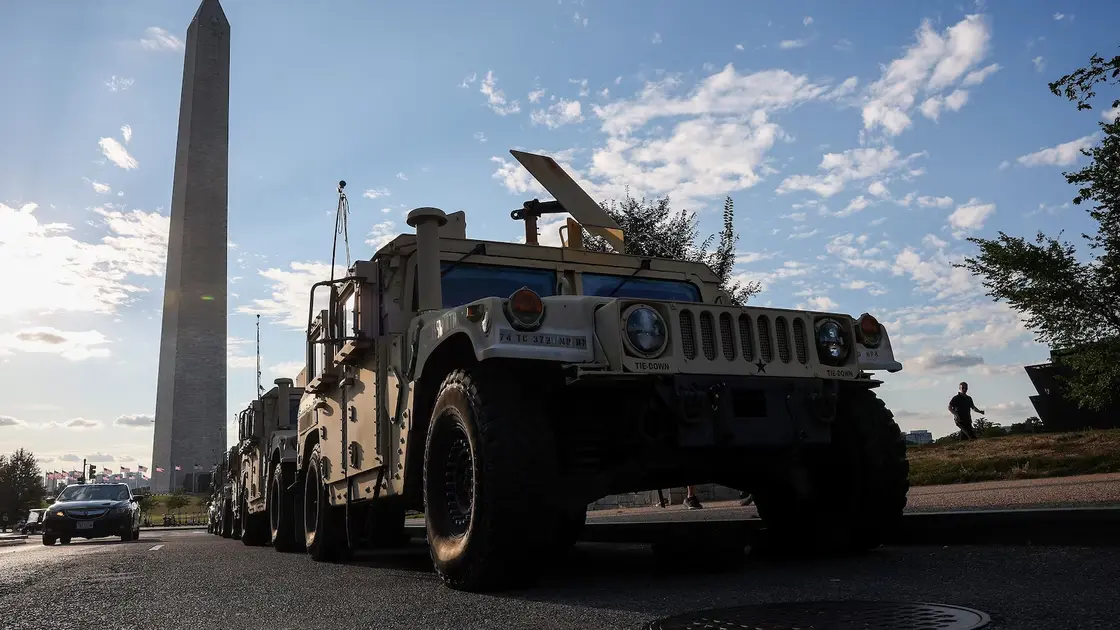T4K3.news
Trump proposes long-term DC police control
Trump plans to seek Congress approval for a long-term federal takeover of DC police, with hints of expansion to other cities and a 30 day window that could extend.
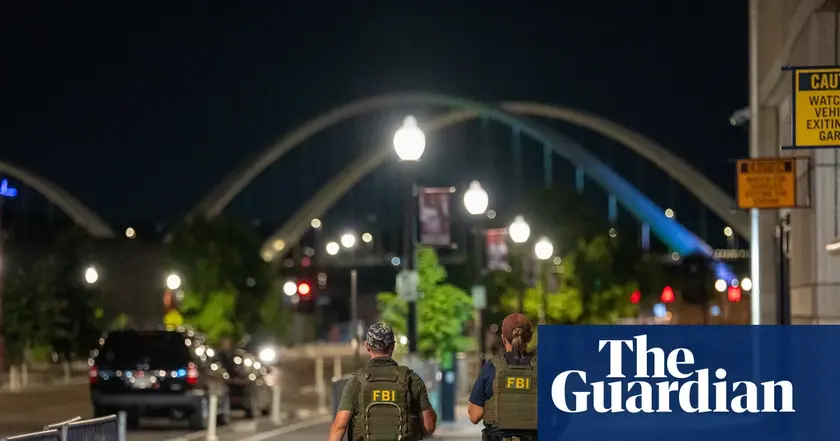
Editorial analysis of Trump’s push to extend federal control over DC police and its broader political and legal implications.
Trump seeks long-term DC police control and broader policing powers
President Donald Trump said he will ask Congress to authorize a long term federal takeover of Washington DC police. He suggested a 30 day window could be extended and hinted the extension could occur without Congress in a national emergency. He described the plan as a response to what he calls a crime problem in the capital and said other cities could face similar measures in the future.
The briefing also notes other items in the morning round up, including ongoing discussions about Ukraine and sanctions, a Harvard Educational Review issue cancellation that drew criticism, and coverage of other domestic and international stories. It presents a snapshot of how a changing political moment blends domestic policy moves with global developments, sometimes in parallel narratives.
Key Takeaways
"A city is not a stage for federal power"
Highlights tension between federal authority and local governance
"Policy must pass through Congress not around it"
Stresses the need for constitutional processes
"Consent under law matters more than force"
Emphasizes civil liberties concerns
"Civil liberties deserve protection even in emergencies"
Warns against rights violations in crises
This move tests the balance between national authority and local democracy. Framing crime as a national emergency allows power to move faster than the usual checks and balances, but it also risks sidelining city leaders and eroding civil liberties. Critics will watch whether the plan survives legal scrutiny and political backlash.
The episode illustrates how emergency power can become a tool for policy shifts. It underscores how political tension feeds into constitutional questions and how public trust can hinge on transparent processes and clear limits. The coming debate will reveal how much power the system is willing to concede in pursuit of perceived security.
Highlights
- A city is not a stage for federal power
- Policy must pass through Congress not around it
- Consent under law matters more than force
- Civil liberties deserve protection even in emergencies
Political and legal risk over federal takeover plan
The proposed move raises constitutional questions and civil liberties concerns. It may trigger political backlash and public reaction, and legal challenges could slow or block expansion. The issue sits at the intersection of emergency powers and local autonomy.
Power is tested by restraint as much as reach.
Enjoyed this? Let your friends know!
Related News
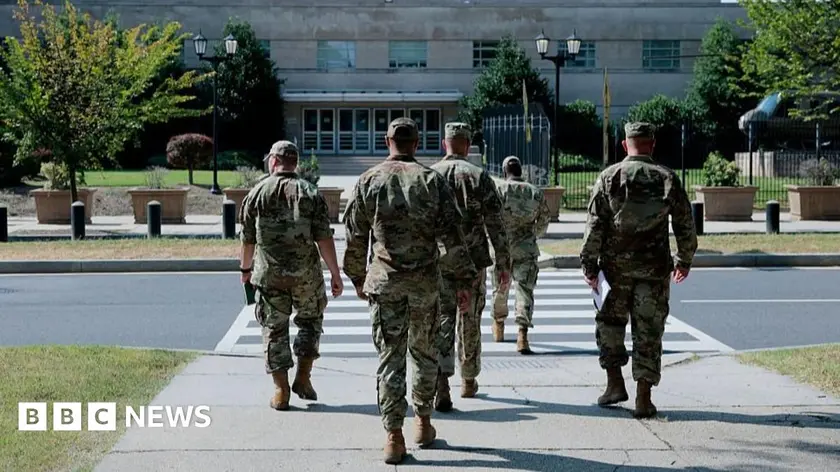
National Guard arrives in DC
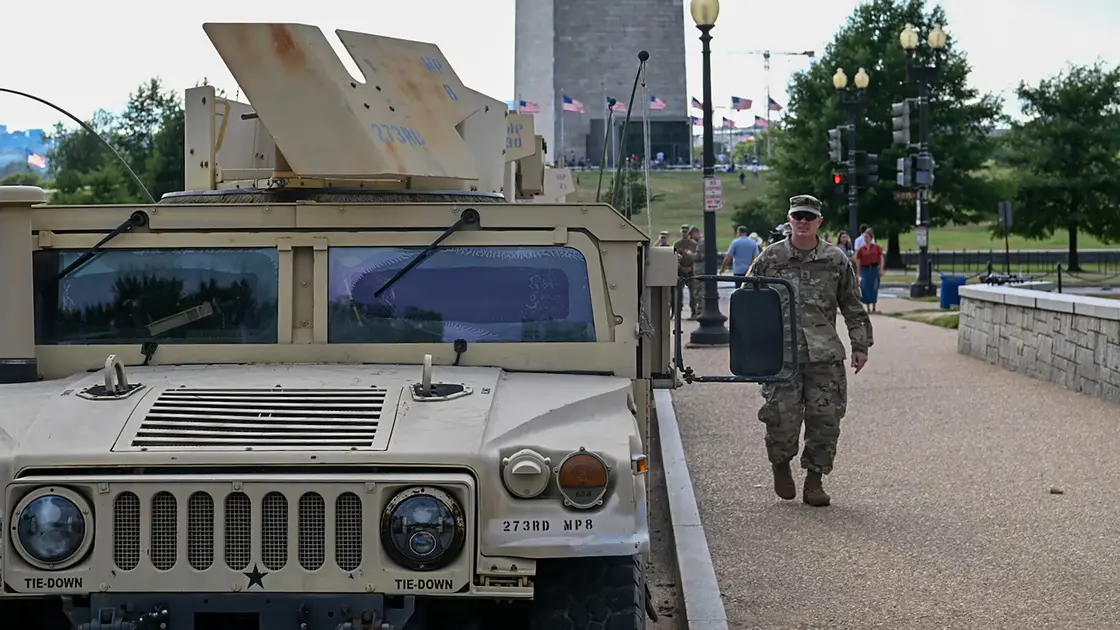
Trump seeks long term federal control of DC police
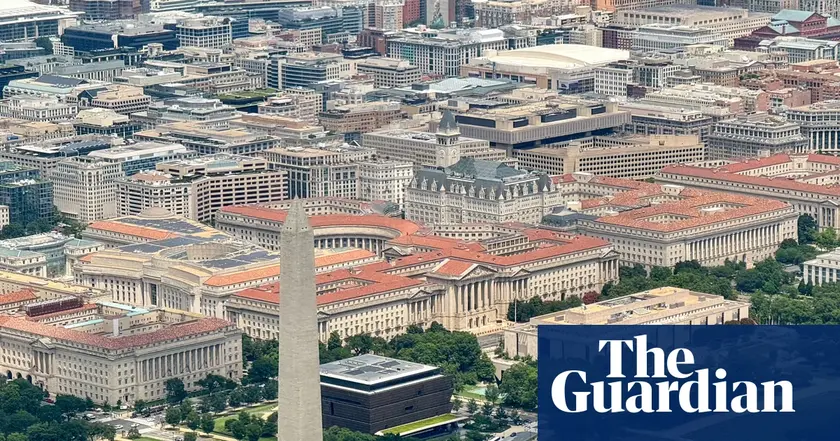
Trump proposes federal control over Washington DC
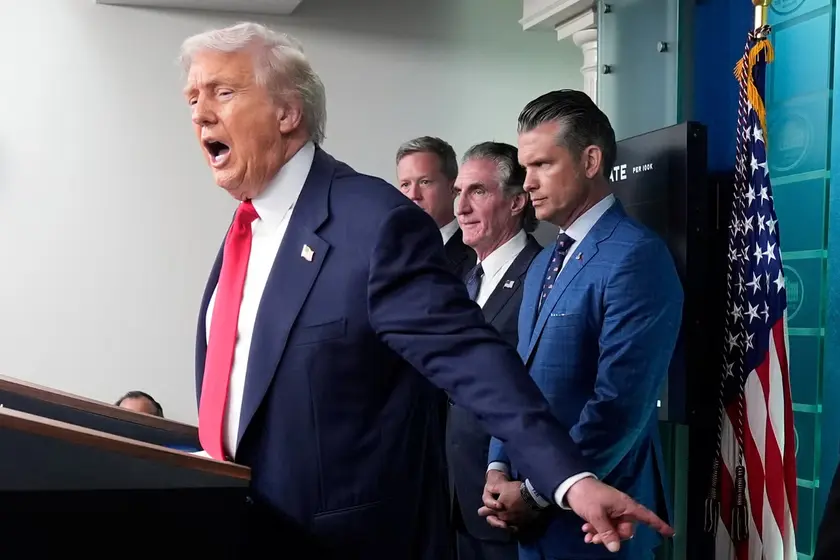
Trump moves to seize DC police control
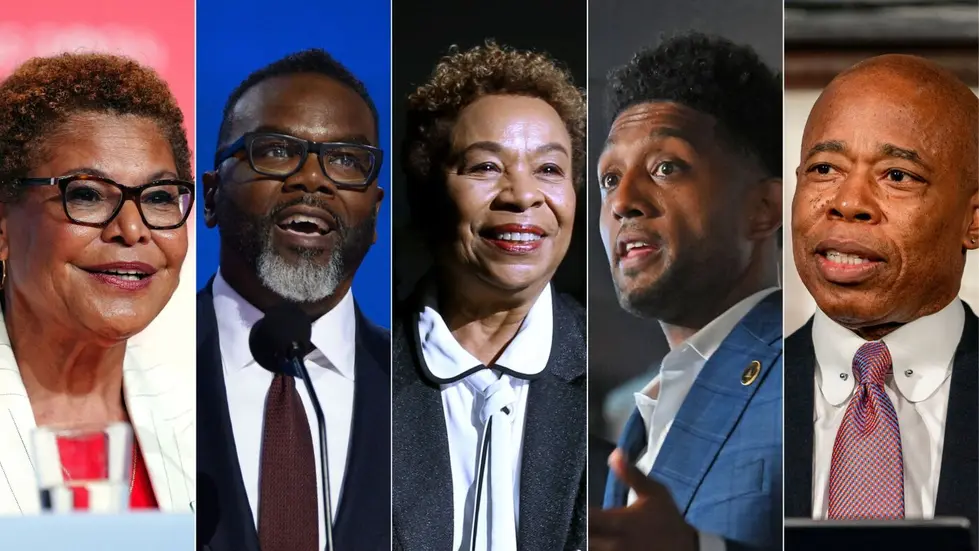
Blue city mayors push back against Trump's plan to federalize DC police
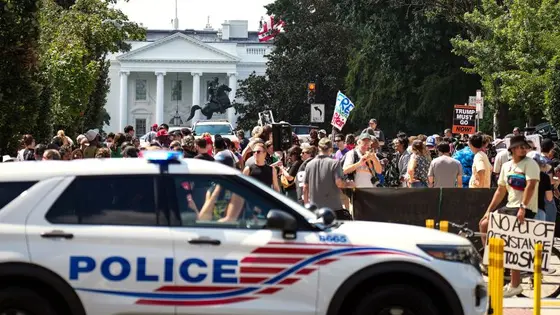
Federalization of DC police tests local autonomy

Kremlin presses Donetsk surrender in ceasefire offer
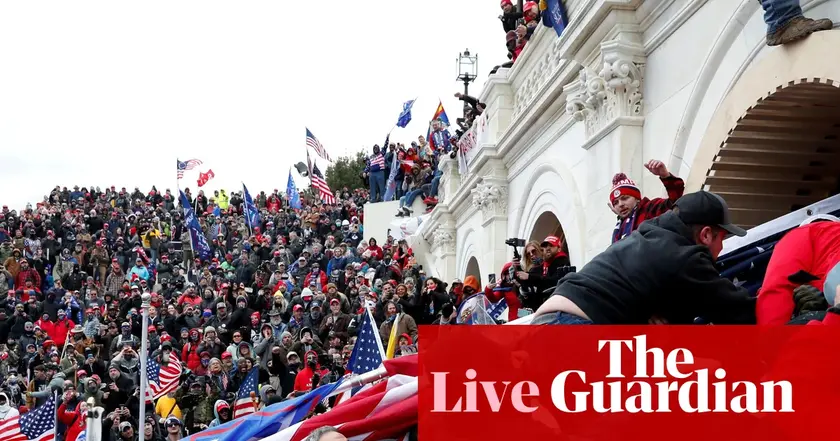
Capitol presence links Trump pick to January 6
